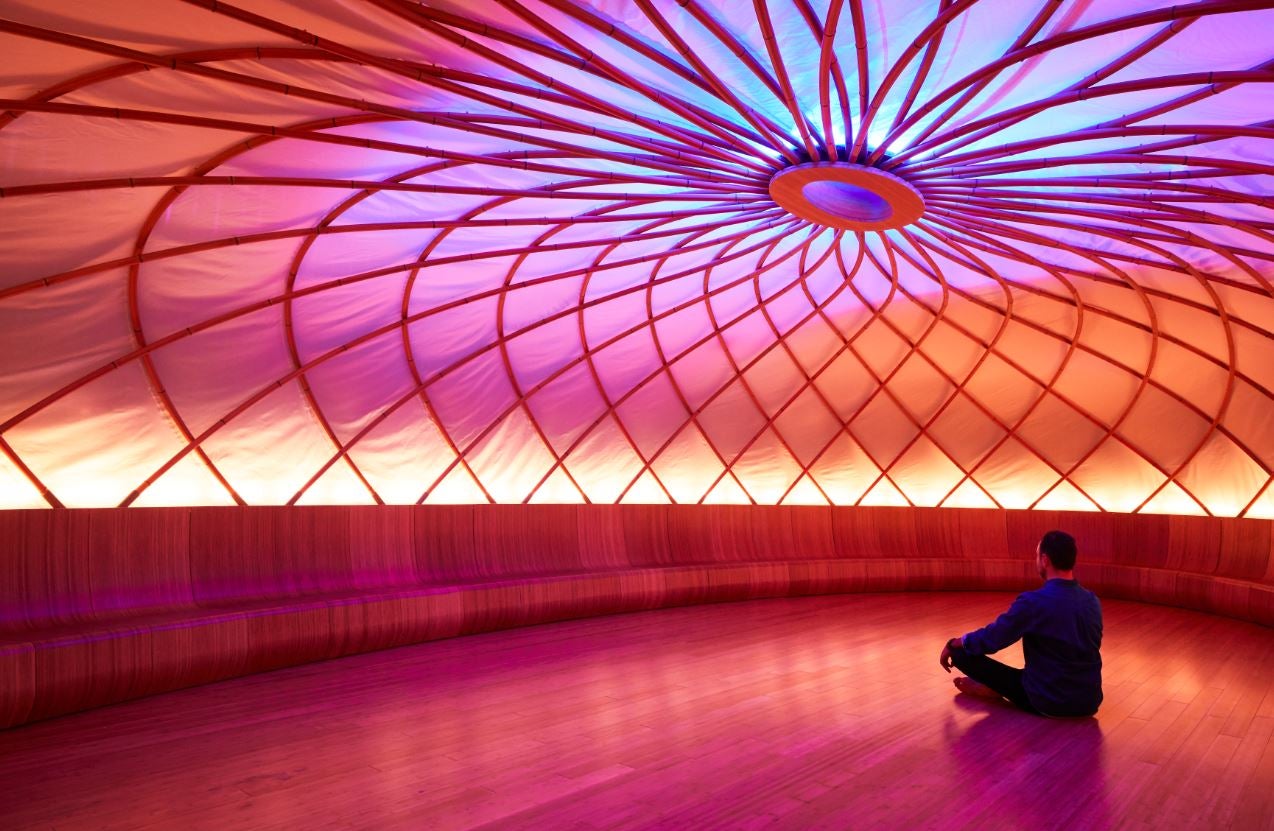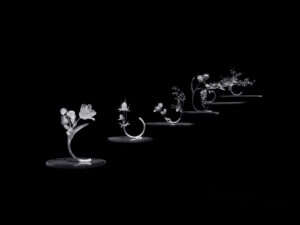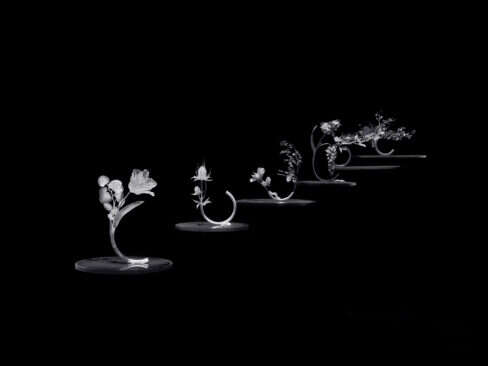To help minimize the impact travel has on your wellbeing, we speak to Khajak Keledjian, the founder of New York-based meditation studio Inscape and its successful app to get his expert tips on on how to travel well.

How do you prepare for a long-haul trip to minimize jetlag?
With all the traveling I’ve done – over 40 countries and too many states across the US to count – I created a system to prepare for new time zones. Jet lag can be debilitating… if you only have a short time in a new place, why lose a day sleeping it off? I use a sleep plan that starts a few days before my departure. I take the time difference, cut it in half, and each night I go to bed incrementally earlier so that I’m closer to the time zone to which I’m headed. And, my meditation practice changed the way I sleep – I generally get a deeper, more restful sleep.
What travel accessories do you most recommend packing for travel wellness? What techniques do you have for getting through the flight?
The INSCAPE app provides on-the-go guided meditations to boost rest or energy, depending on which session you play. On long flights, in addition to a meditation or a relaxation session to help you drift into sleep, noise-cancelling headphones are key. These help me stay focused and less distracted by external noise.

Do you have any wellness rituals? What do you pack for your arrival in a destination?
As soon as I land, I book a massage. I also take a detoxing bath right way. I usually ship Pursoma specialty salts to my hotel so that they’re there when I arrive. After my massage, I do yoga or light stretching.
How can people retain the same sense of wellbeing they have on vacation when they’re back home?
 People tend to take care of themselves more on vacation than in their daily lives. But, if you’re only on vacation for one or two weeks a year, what happens the rest of the year? I see self-care as the new dimension of luxury. A vacation is an experience that serves as an escape from the routine. That’s the feeling to capture. To reduce stress and to find clarity, people are turning to meditation. As we continue to see over-stimulation rise, finding time for yourself is important. People are looking for ways to focus inward, investing their time and energy on the internal now, as they’ve already focused on the external. Focusing inward – even just one percent of your day – leads to reduced stress, improved sleep, sharper awareness, lower heart rate and heightened emotional intelligence. And, with it being such a small percentage of the day, it’s not indulgent, it makes you connect better with yourself and everything and everyone around you.
People tend to take care of themselves more on vacation than in their daily lives. But, if you’re only on vacation for one or two weeks a year, what happens the rest of the year? I see self-care as the new dimension of luxury. A vacation is an experience that serves as an escape from the routine. That’s the feeling to capture. To reduce stress and to find clarity, people are turning to meditation. As we continue to see over-stimulation rise, finding time for yourself is important. People are looking for ways to focus inward, investing their time and energy on the internal now, as they’ve already focused on the external. Focusing inward – even just one percent of your day – leads to reduced stress, improved sleep, sharper awareness, lower heart rate and heightened emotional intelligence. And, with it being such a small percentage of the day, it’s not indulgent, it makes you connect better with yourself and everything and everyone around you.
Images courtesy of Christian Harder










